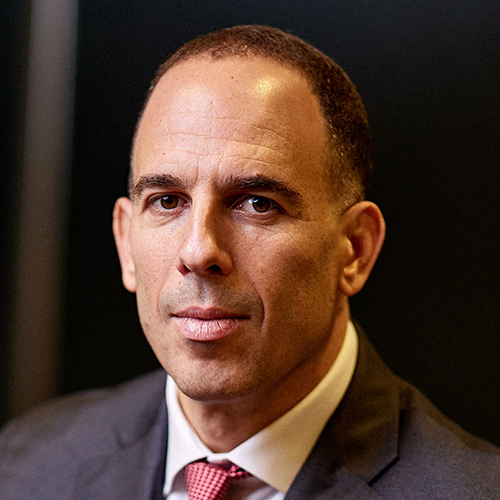After launching forceful moves to rein in technology giants such as Alibaba and Tencent, Chinese regulators have set their sights on the lucrative private education sector. Last Saturday, the State Council issued a directive barring certain education firms from making a profit, going public for fund raising, and providing tutorial services during weekends and public holidays.
The new guidelines are aimed at protecting the welfare of students, including their right to rest, and reducing the burden of education costs on parents. Affected by the directive are firms teaching core subjects such as maths, science and history from kindergarten through to the 9th grade.
News of the directive sent shockwaves across the industry, particularly among investors and private equity firms already exposed to the sector. New Oriental Education & Technology Group, one of the largest providers of private educational services in China, has seen its shares plummet to HK$17.60 (US$2.26) this week, down more than 88% from their 2021 high of HK$154. Beijing-headquartered TAL Education Group saw its share price drop around 90% YTD to around US$6 towards the latter part of this week.
“If the final version of the policy comes to resemble its current form, we envision a worst-case scenario whereby existing listed after-school tutoring (AST) operators will be compelled to spin off their K9 AST operations from the listco, or else delist by way of privatization,” CCB International Securities says in a research report. “According to our estimates, the potential spin-off of K9 AST operations would take 60-70% off the earnings of New Oriental and 80-90% off TAL Education.”
The new directive brings into question the growth prospects of several Chinese edtech (educational technology) companies which have been riding high valuations due to the increased demand for online educational platforms amid the ongoing Covid-19 pandemic.
According to KPMG’s “Venture Pulse Q4 2020” report, two of the top five venture capital deals in the world in terms of value involved Chinese edtech companies Zuoyebang and Yuanfudao, which raised US$1.6 billion and US$1 billion respectively from investors towards the end of 2020. Zuoyebang’s fund raise attracted a number of high-profile investors including Alibaba Group, SoftBank’s Vision Fund and Sequoia Capital China which now need to re-examine their growth prospects for the edtech company.
“While it is important not to overreact to developments, the opinion paper does reveal changing priorities at the highest levels of the Chinese administration that merit closer study and attention,” explains a recent viewpoint comment from active global asset manager Ninety One. “It is also important to consider Beijing’s motivations here, with concerns over social inequality (reforms relate to privately funded after-school tutoring) and a declining birth rate (based on the theory that education costs act as a deterrent) viewed as likely drivers.”
The directive on edtech firms is just the latest move taken by Chinese regulators to reform an industry that has grown rapidly in the past several years. Over the course of 2021, tech giants Tencent Music Entertainment and Alibaba have been fined for antitrust violations while ride-hailing firm Didi (customer information usage) and online food delivery company Meituan (delivery worker protection) have to comply with new regulations to operate in the country.









